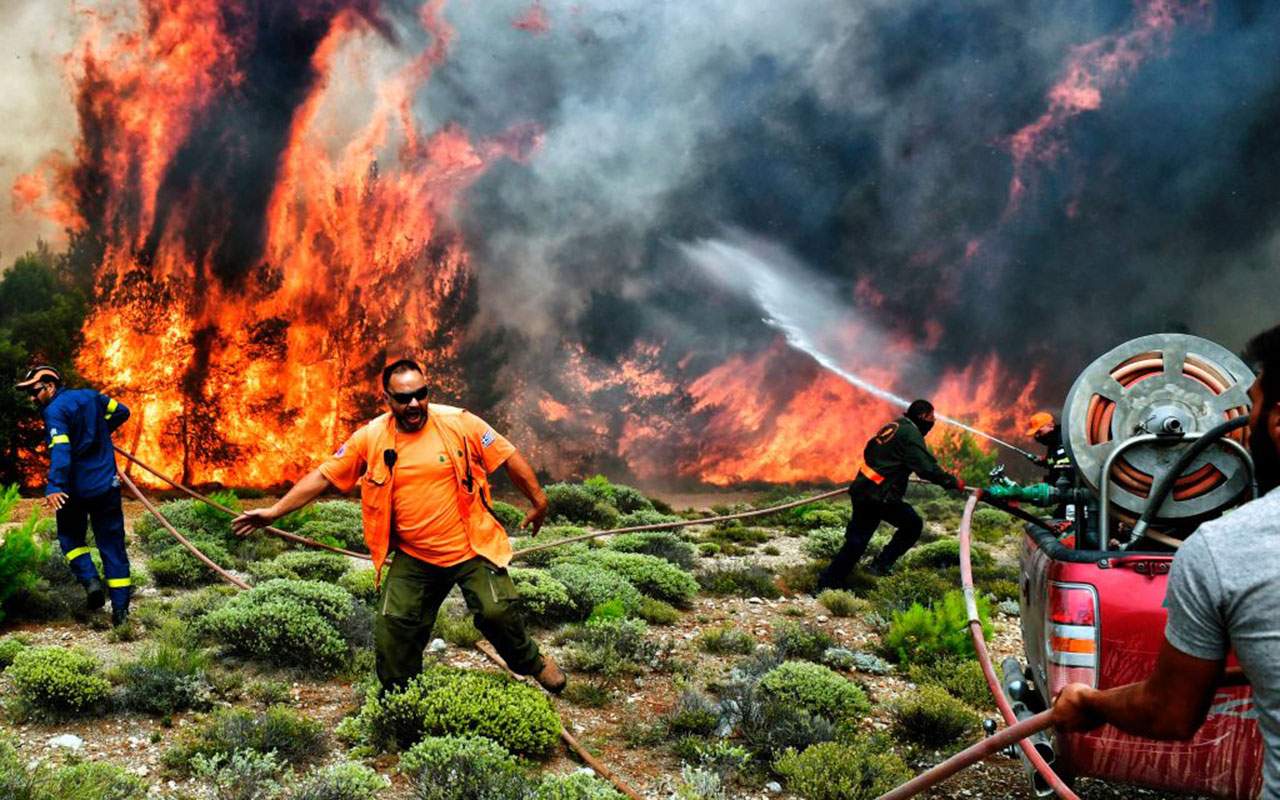Australia faces surge in heatwave deaths, major study warns

READ MORE
Australia could face a dramatic surge in heatwave-related deaths if governments don’t do more to help communities adapt to climate change, a major international study warns.
Tropical and subtropical areas across South East Asia and South America are likely to face the steepest rise in heat-related deaths if measures aren’t put in place to help people live with warmer temperatures in the coming decades.
A team of international researchers based their findings on various scientific models, which predicted that under the most extreme scenarios there would be a 471 per cent rise in deaths as a result of heatwaves in Brisbane, Sydney and Melbourne between 2031 and 2080 compared with the four decades to 2010.

Lead author Yuming Guo, an associate professor of environmental epidemiology and biostatistics at Monash University, says the findings are a warning to governments to introduce adaptation strategies such as better urban planning and public education campaigns.
“If the Australian government cannot put effort into reducing the impacts of heatwaves, more people will die because of heatwaves in the future,” Assoc Prof Guo said as the study was published in the journal PLOS Medicine on Wednesday.
“The current heatwave in the northern hemisphere is serious and many people are concerned about their health.
“That highlights how important our study is in providing evidence for governments to do something, particularly in Australia where the government has cut off a lot of funding for climate change research.”

Canada and Japan have each recorded at least 30 heat-related deaths as temperatures soared during July.
Previous studies have warned of a future increase in the number and severity of heatwaves as a result of climate change, but the research by Assoc Prof Guo and his team is the first to look at the potential impact heatwaves may have on death rates around the world.
The researchers describe heatwaves as a critical public health problem because they can cause heatstroke and cramps, as well as induce the onset of conditions including cardiovascular disease, respiratory diseases and diabetes.

The models used to estimate future heatwave-related deaths included data on future greenhouse gas emissions, population growth, and hypothetical changes governments could introduce to help communities cope with warmer temperatures.
They then applied that data to estimate links between heatwaves and deaths in 412 communities across 20 countries.
They found that if governments don’t introduce any measures to help communities adapt, heatwave-related deaths are expected to rise most in tropical and sub-tropical countries, with Colombia, the Philippines and Brazil facing the biggest increases.
If adaptations are made, mortality rates are still expected to rise in most countries but at a smaller rate.
Comments
Post a Comment